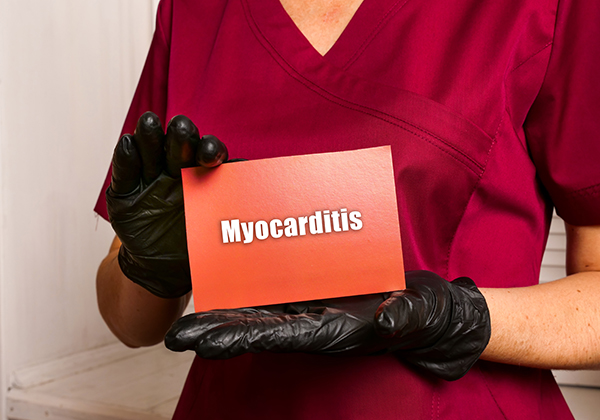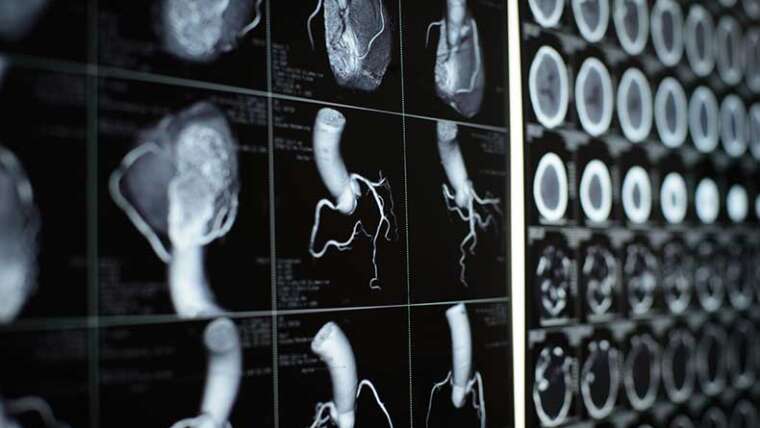Myocarditis is an uncommon inflammatory disease of the heart muscle that can prevent your heart from pumping blood correctly and cause abnormal heartbeats and other health problems. If you suspect you might have myocarditis or you’re undergoing testing for it, you’ll visit a doctor and may be wondering how to prepare or what to expect. At the Myocarditis Foundation, we are dedicated to increasing awareness about myocarditis and providing resources for people affected by it, whether you’re just started on the diagnostic process or are already diagnosed. Here, we explore how to prepare for your myocarditis appointment.
What to Expect at Your Appointment
If you’re starting your diagnostic process with cardiac symptoms, (chest pain, shortness of breath, dizziness, palpitations or racing heart rate) you’ll usually be seen by your primary care doctor who will ask you about your symptoms, medical history, travel history, and other factors. If your doctor suspects myocarditis or another heart condition, they may refer you to an Emergency Room or cardiologist to do more advanced testing.
Although no particular blood or imaging tests can perfectly diagnose myocarditis, Emergency Room physicians and cardiologists frequently utilize blood tests, ECGs, Echocardiograms, and imaging scans like chest X-rays and cardiac MRIs to support the diagnosis because they provide more detailed information and images of the heart. These methods are frequently used to identify myocarditis, however, the specific tests and labs utilized will vary based on the severity and your symptoms.
Your cardiologist may also recommend that you make lifestyle changes or limitations so your heart can recover and work properly. These changes include eating a healthy diet with limited salt and alcohol, quitting smoking, and limiting exercise for a period of time. Many times, myocarditis will resolve on its own. The treatment for myocarditis is dependent on your symptoms; pain, fast or slow heart rate, excess fluid retention, pumping ability of your heart, etc. Your heart will need to have less demands made on it so that it can heal better, “Cardiac Rest” so to speak, as it will need to continue to work and cannot be casted like you can a broken bone.
Ways to Prepare
It can be helpful to prepare for your appointment so you are less nervous and you don’t forget to ask anything. You may want to write down your symptoms, the names of medications you take, recent medical history, and any additional questions you want to ask the doctor. Questions you may want to ask include:
- What is the most likely cause of my symptoms?
- Are there other possible causes or diagnoses?
- What tests are required for diagnosis?
- What are the treatment options for myocarditis and are there side effects?
- Are there lifestyle accommodations or restrictions to make?
- Where can I find additional material and resources on myocarditis?
The best way to get all your questions answered is to make sure you ask them. Don’t hesitate to take notes on the doctor’s responses or ask for additional resources on your diagnosis or testing. If you do forget to ask a question, visit our Frequently Asked Questions page to see if we can help you out.
Contact Us Today for More Information
At Myocarditis Foundation, we understand that it can be scary going to a new doctor or being diagnosed with any type of medical condition. That’s why we’re proud to provide information, research, and resources for people affected by myocarditis, from the diagnosis stage to the treatment stage. Contact us today if you want to learn more information about preparing for your myocarditis appointment or the diagnostic process.




























